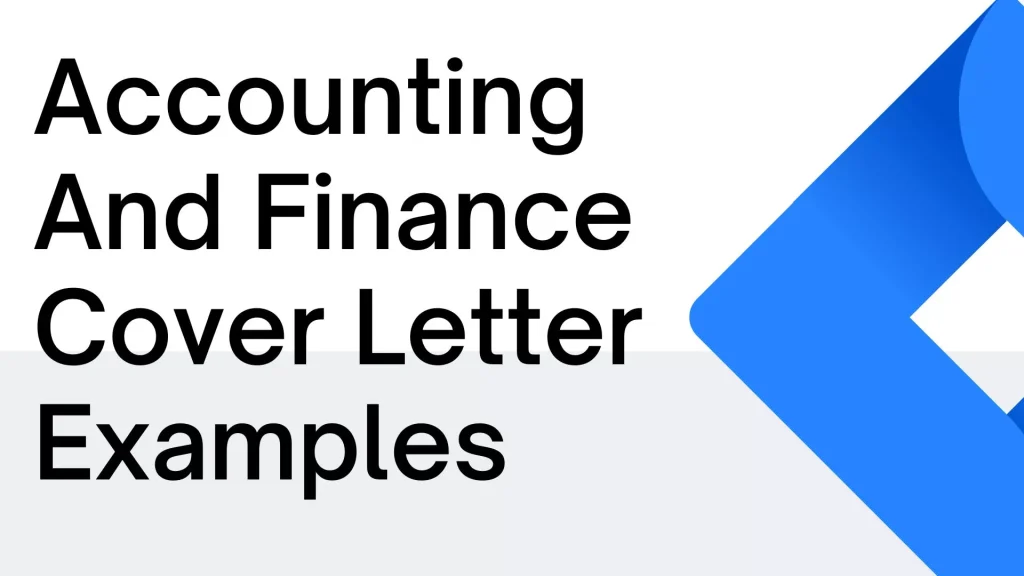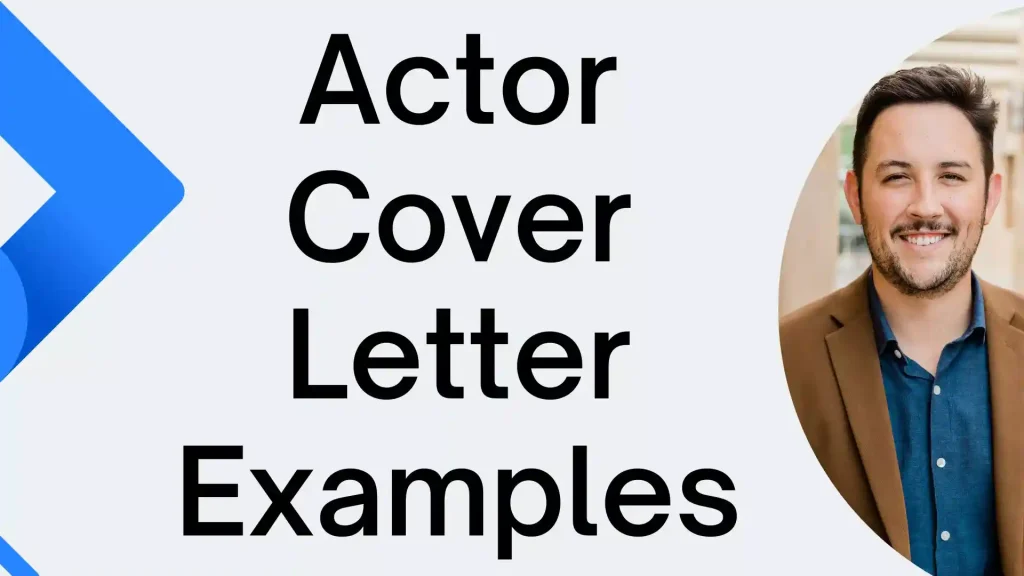Introduction:
A clinical data analyst is responsible for collecting, organizing, and analyzing data related to clinical trials, patient records, and healthcare trends. They play a crucial role in improving the quality of patient care and ensuring accurate and reliable data for research purposes. When applying for a clinical data analyst position, a well-crafted cover letter can help you stand out from other candidates. In this blog, we will provide examples of effective cover letters for a clinical data analyst position, answer some frequently asked questions, and offer tips for writing an impactful cover letter.
Cover Letter Example 1:
[Your Name]
[Your Address]
[City, State ZIP Code]
[Email Address]
[Today’s Date]
[Recipient’s Name]
[Recipient’s Job Title]
[Company Name]
[Company Address]
[City, State ZIP Code]
Dear [Recipient’s Name],
I am writing to express my interest in the clinical data analyst position at [Company Name]. With a strong background in data analysis and a passion for improving healthcare outcomes, I believe I would be a valuable asset to your team.
I have a Bachelor’s degree in Health Informatics and five years of experience in data analysis in a clinical setting. In my previous role at [Company Name], I was responsible for collecting and analyzing data from various sources, identifying trends and patterns, and presenting findings to stakeholders. I have a deep understanding of clinical data standards and coding systems, and I am proficient in using statistical analysis software such as SAS and R.
I am confident in my ability to translate complex data into actionable insights that can drive evidence-based decision-making. I am also skilled in creating visually appealing and easy-to-understand data visualizations using tools like Tableau and Microsoft Excel.
I am excited about the opportunity to contribute my skills and expertise to [Company Name] and make a positive impact on patient outcomes. Thank you for considering my application. I look forward to the possibility of discussing this opportunity further.
Sincerely,
[Your Name]
Cover Letter Example 2:
[Your Name]
[Your Address]
[City, State ZIP Code]
[Email Address]
[Today’s Date]
[Recipient’s Name]
[Recipient’s Job Title]
[Company Name]
[Company Address]
[City, State ZIP Code]
Dear [Recipient’s Name],
I am writing to apply for the clinical data analyst position at [Company Name]. As a recent graduate with a Master’s degree in Biostatistics and a strong background in data analysis, I am eager to apply my skills and knowledge in a healthcare setting.
During my academic studies, I gained extensive experience in statistical analysis and research methodologies. I have a solid understanding of clinical trial design and interpretation of clinical data. I am proficient in using statistical software such as SAS and SPSS and have experience in programming with R. My coursework and research projects have also enhanced my skills in data management, quality control, and data visualization.
I am highly detail-oriented and have strong problem-solving skills, which I believe are essential for successful clinical data analysis. I am also a quick learner and thrive in a fast-paced, deadline-driven environment.
I am confident that my combination of education and skills make me a strong candidate for the clinical data analyst position. Thank you for considering my application. I look forward to the opportunity to discuss how my qualifications align with your organization’s needs.
Sincerely,
[Your Name]
10 FAQs about Clinical Data Analyst Cover Letter:
1. What should I include in a clinical data analyst cover letter?
In a clinical data analyst cover letter, you should introduce yourself, highlight your relevant skills and experience, explain why you are interested in the position, and express your enthusiasm for the opportunity.
2. How long should a clinical data analyst cover letter be?
A clinical data analyst cover letter should be concise and no longer than one page. Keep it focused and to the point.
3. Should I customize my cover letter for each application?
Yes, it is highly recommended to customize your cover letter for each application. Tailor your letter to match the specific requirements and qualifications mentioned in the job posting.
4. Should I include my education and certifications in my cover letter?
Yes, you should mention your relevant education and certifications in your cover letter. This helps to demonstrate your qualifications for the position.
5. Is it necessary to include references in my cover letter?
No, it is not necessary to include references in your cover letter. You can provide references upon request during the interview process.
6. Should I mention my salary expectations in my cover letter?
It is generally not recommended to mention your salary expectations in a cover letter. This can be discussed during the negotiation phase if you are selected for an interview.
7. How can I make my cover letter stand out?
To make your cover letter stand out, focus on highlighting your unique skills and experiences that make you a great fit for the position. Use specific examples to demonstrate your achievements and qualifications.
8. Should I address my cover letter to a specific person?
If possible, address your cover letter to a specific person rather than using a generic opening like “To Whom It May Concern.” This shows that you have taken the time to research and personalize your application.
9. Is it important to proofread my cover letter?
Yes, it is essential to proofread your cover letter to ensure there are no spelling or grammatical errors. You may also consider asking a trusted friend or colleague to review it for you.
10. Should I follow up after submitting my cover letter?
It can be beneficial to follow up after submitting your cover letter, especially if you haven’t heard back within a reasonable timeframe. A polite email or phone call can demonstrate your enthusiasm and interest in the position.
Conclusion:
A well-crafted cover letter is essential for securing a clinical data analyst position. It enables you to showcase your skills, experience, and passion for improving healthcare outcomes. By customizing your cover letter for each application and highlighting your unique qualifications, you can increase your chances of standing out from other candidates and securing an interview. Remember to keep your cover letter concise, focused, and error-free. Good luck with your application!




